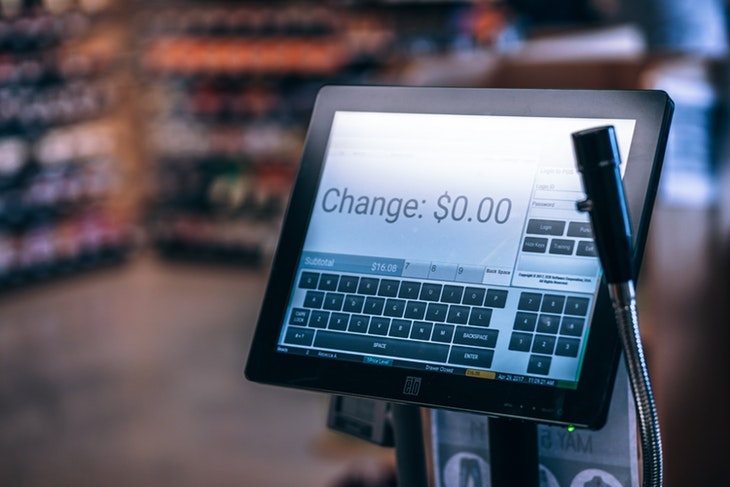
What are the limits for credit cards? Credit cards are really useful for making large purchases, but they are also great for building your credit score. If you’re thinking about making any large purchases with a credit card, you may be wondering what the limits are. Well, the answer to that is more complicated than you would think as limits on credit cards aren’t standardized and vary based on many different factors.
Getting a credit card with a limit that works for you depends on the credit card issuer and your demographic/qualifications. At Max Cash®, we offer services to assist you in finding the best credit card issuer and the right credit card for your specific needs. 5 We also like to offer all clients or potential clients educational resources so that they can make well-informed financial decisions.
In this informational article, we will be discussing average credit card limits, how your limit is determined, how to increase limits, and how Max Cash can help you find the right match.5
Average Limits for Credit Cards
There is a wide range of credit card limits. Spending limits are determined individually for each credit card user depending on their credit score, age, and annual income. However, in recent data from Experian, the average credit card limit at the end of 2016 was a little over $8,000.
Average Based on Score
- Deep SubPrime (300-499): $1,834
- SubPrime (500-600):$2,645
- NonPrime (601-660): $4,674
- Prime (661-730): $7,593
- SuperPrime (781+): $11,357
Average Based on Age
- Greatest Generation (born 1900-1946): $9,929
- Baby Boomers (born 1947-1966):$9,929
- Gen X (born 1967-1981):$7,398
- Gen Y (born 1982-1995): $4,814
- Gen Z (born 1996-2001) :$1,451
How Your Limit is Determined
Credit card issuers utilize several different strategies for determining your credit limit. There are three common ways that companies calculate limits for their credit cards:
- Predetermined Credit Limits
Some companies choose to keep it simple with predetermined credit limits on their cards. This way individuals can apply to whichever card has a credit limit that they like. Issuers usually color code cards so people can know what limit they are applying for.
For example, a credit card company may offer a blue card that has a $500 limit, a gold card with a $2,000 limit, and a platinum card with a $5,000 limit. Everyone who qualifies for the card will have that same limit across the board. However, that does not mean that everyone who applies for the card will be approved for it. You must have a qualifying credit score and income to meet the approval requirements.
- Credit History
Some credit card issuers use your credit history to come up with a personalized card limit. This is a typical strategy for determining your card’s interest rate and they apply a similar calculation to your credit limit.
For example, a certain card may have a credit limit range between $1,000 and $7,000. Individuals with low credit scores will get a limit closer to $1,000 while those with a great credit report can get closer to a $7,000 limit.
- Other Variables
Lastly, there are lenders out there who go to further lengths to minimize risks in extending credit limits by using multiple variables to determine what an individual’s credit limit should be. Some issuers use credit score, bankruptcy score, income, debt-to-income ratio, and limits on your other cards to generate a credit limit for your new card.
How Do I Get Higher Limits for Credit Cards?
Now you know how your score is determined, you may want to know how you can get an increase on your limit once you’ve already had a card for a while! There are a few different reasons why someone might want a higher credit limit. If you’d like to make some larger purchases with your card, having higher limits will help minimize your credit utilization percentage which could greatly improve your credit score.
Here are a few ways you can try to get a higher limit on your credit cards:
- Call Your Lender
Give your card issuer a call and ask a customer service representative whether you might be eligible for a credit limit increase. Be ready to give them any updates to your information, especially if your income has gone up recently.
- Review Your Account
Take a look at your credit card’s website. Many issuers make it possible for their cardholders to ask for a limit increase online. Sign into your account and see if there is an option to make a request for a limit increase. This feature will ask you to update your income information.
- Check for Automatic Increases
There are plenty of credit cards that give individuals an automatic credit line increase once they’ve had the card for a certain period of time and have been using it well.
- Apply for Another Card
Think about applying for another card. You are likely to be approved for another card if you’ve been making payments on time for the credit cards you already have. And that new credit card could be for an even higher limit than the one you currently have. This will increase your overall credit!
Max Cash Can Help You Find a Credit Card
If you are considering getting a new credit card, Max Cash can help you get connected to a card with a credit limit that works for you!5 This service is free of charge and we can get started right away, all you need to do is fill out the 5-minute online form.
Lastly, if you have any more questions for us, give us a call right away at 833-207-9052. We have customer service representatives waiting by the phone now who would be happy to answer any questions you might have.


